The University of Wisconsin-La Crosse has hit the headlines after firing its Chancellor, Joe Gow. The Board of Regents voted to terminate him in a closed-door meeting for activities in which the former chancellor engaged in his private life.
The story could present an interesting debate about freedom of expression while also examining whether one’s “interests” outside of work should be grounds for termination. The issue arose when the leadership found out that Gow and his wife produced and appeared in pornographic videos.
The Universities of Wisconsin Board of Regents, which oversees UW-Madison, UW-La Crosse and 11 other regional campuses, voted unanimously during a hastily convened closed meeting Wednesday evening to fire Gow.
After the vote, Universities of Wisconsin President Jay Rothman and regents President Karen Walsh issued statements saying the regents had learned of specific conduct by Gow that subjected the university to “significant reputational harm.” Rothman called Gow’s actions “abhorrent” and Walsh said she was “disgusted.” But neither of them offered any details of the allegations.
Gow told The Associated Press in a phone interview Thursday morning that regents had discovered that he and his wife, former UW-La Crosse professor Carmen Wilson, had been producing and appearing in pornographic videos.
He maintained that he never mentioned UW-La Crosse or his role at the university in any of the videos and the firing violated his free speech rights.
“My wife and I live in a country where we have a First Amendment,” he said. “We’re dealing with consensual adult sexuality. The regents are overreacting. They’re certainly not adhering to their own commitment to free speech or the First Amendment.”
Gow criticized the regents for not telling him which policy he allegedly violated. He also was not given an opportunity to defend his actions and is considering legal action against the university.
“I got an email last night saying I was terminated,” Gow said. “I wish I would have had the opportunity to have a hearing. When reasonable people understand what my wife and I are creating, it calms them down.”
However, Rothman, in a statement to the Associated Press, argued that Gow believed the First Amendment was a “free pass to say or do anything that he pleases” and that “there…must be limits on what is said or done by the individuals entrusted to lead our universities.”
The case appears to raise critical questions about the boundaries of free speech, especially concerning public figures and leaders in academia. The former chancellor insists that the activities in which he participates on his own time fall within his First Amendment rights. It is also worth noting that his outside interests never involved the university.
Moreover, the universities of Wisconsin are public institutions, which means they are bound by the First Amendment. One could argue that this is a case of the state punishing an individual for speech.
Conversely, those favoring the regents’ decision might argue that there are ethical concerns with Gow’s private activities. They could contend that participating in activities that many might find objectionable reflects negatively on the university.
Either way, this case will become even more interesting if Gow does decide to sue the school. The resulting ruling could have a tremendous influence on other similar cases that might arise in the future.
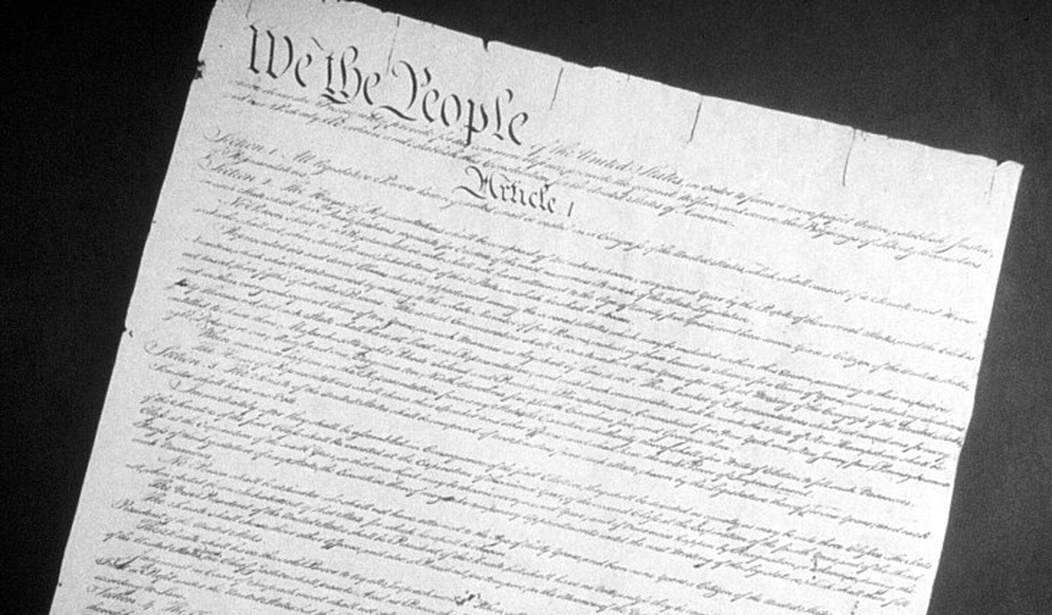




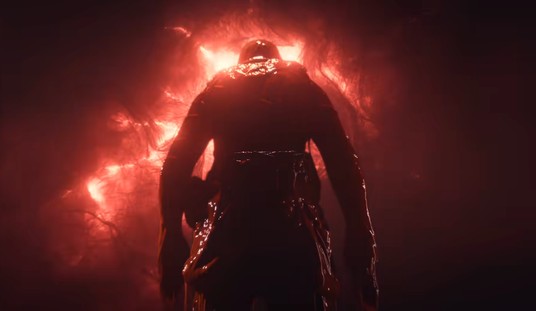
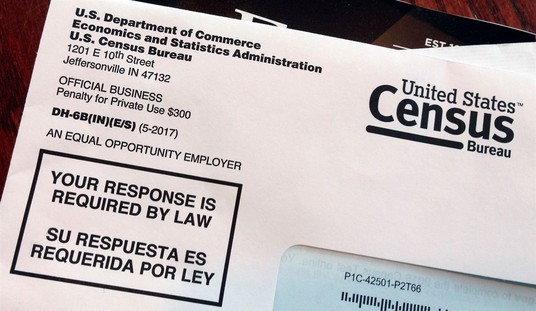
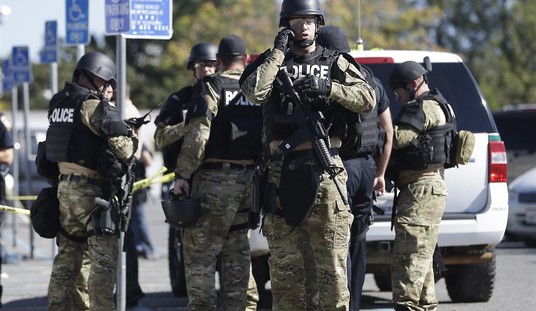




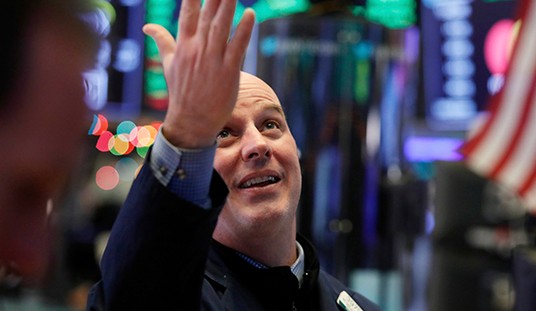
Join the conversation as a VIP Member